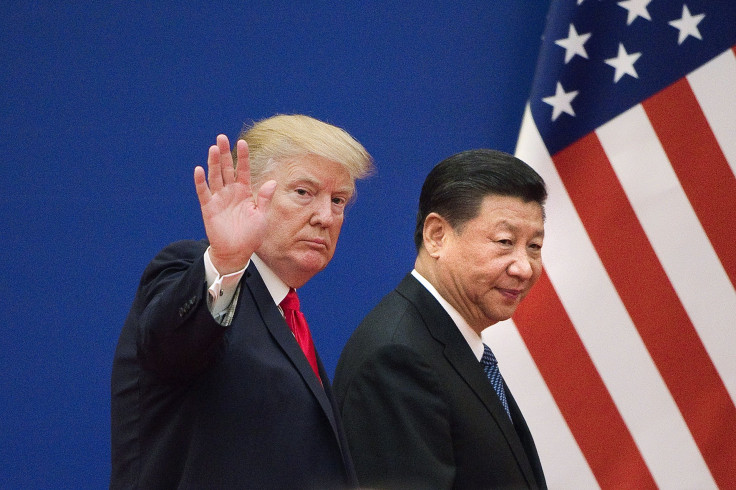Trump Likely To Ban Chinese Telecom Gear in US Networks

President Donald Trump may soon sign an order banning the use of Chinese telecom equipment in the U.S. wireless networks.
According to reports, the order may be signed in the second week of February as there is an urgency to bring out the proclamation prior to the global telecom event, MWC Barcelona, happening on Feb 25 to 28.
The proposed order, according to sources, will be part of the broader effort to shield the U.S. from cyber threats.
“There’s a big push to get it out before MWC,” a report said quoting an industry source.
By pushing the order prior to MWC, the White House is aiming to send a signal that in all future contracts using cutting-edge technologies cybersecurity must have utmost priority.
The ban order on Chinese equipment will be another step by the Trump administration to expand its campaign against Chinese companies citing national security threats in conjunction with trade war issues.
Trump officials have slammed Beijing many times over cyber espionage.
The rollout of 5G wireless internet will increase the speed at which devices communicate and exponentially increase the amount of data that can be transmitted.
The U.S. has been citing national security as a reason behind excluding Chinese equipment, alleging their hardware could provide backdoor access to the Chinese government to harm American networks.
Criminal charges against Huawei
In January, the Department of Justice framed a slew of charges against Huawei and sought the extradition of its chief financial officer for violating sanctions on Iran.
Trump's ban order might influence many governments, which are contemplating 5G deals with foreign companies. Already preparatory works are going on in many countries for the next-generation 5G wireless networks.
The 5G networks will also leverage the innovations of the Internet of Things (IoT). Chinese firms such as Huawei and ZTE are already ahead in canvassing governments citing their lower costs compared to competitors such as Nokia, Ericsson, and Cisco.
Risk mitigation in communications infrastructure
However, there is no confirmation from the White House on the speculated order. National Security Council spokesman Garrett Marquis said the U.S. has been “working across government and with allies and like-minded partners to mitigate risk in the deployment of 5G and other communications infrastructure.”
Of late, concerns over foreign companies or vendors helping U.S. enemies to infiltrate sensitive computer systems in the country are high after alleged Russian involvement in the 2016 election.
As a result, heightened scrutiny on the Russian cybersecurity firm Kaspersky Lab led to the ban of its antivirus products from government systems as has been recommended by the Department of Homeland Security (DHS).
Even though the government wants to keep out Chinese vendors, the U.S. telecom companies have no clear guidance on how to proceed with a 5G build up minus Huawei. The Chinese company has a whopping 28 percent market share in the global telecom equipment market.
However, Trump’s diktat, if it comes before the MWC event, will reinforce the commitment of the U.S on the sensitive issue.
© Copyright IBTimes 2025. All rights reserved.





















